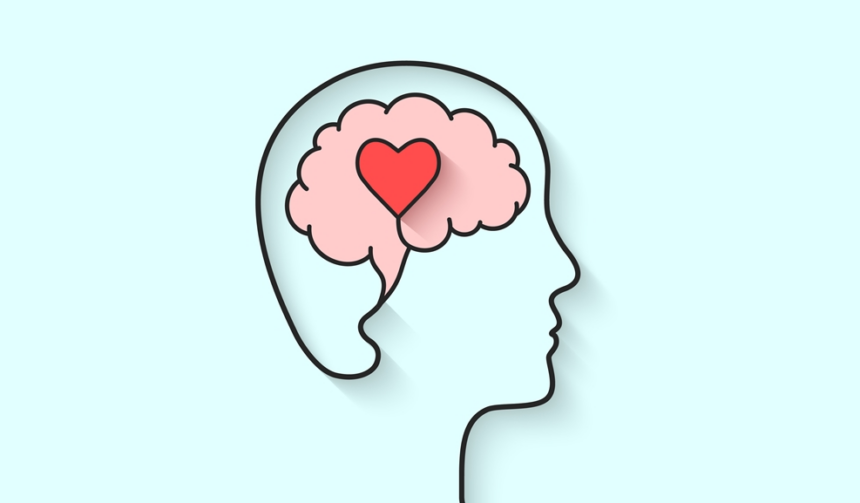India has around 365 million youth in the age range of 15-29; which constitutes 24% of India’s total population (National Youth Policy Report, 2014) and at least 20% are experiencing some form of mental illness such as depression, anxiety, mood disturbances and substance abuse (World Youth Report, 2018). As per World Happiness Report (2024) India stands at 126th rank out of 143 Nations in terms of Happiness and it highlights that young people in India aged less than 30 years are more dissatisfied and unhappy with their lives than people aged above 60 years. Young people ranked 127 while as old people ranked 121; thereby highlighting the need to invest in addressing the mental health needs and promoting youth flourishing.
UNICEF released a report in 2023 entitled “A Study Of University Students’ Mental Health and their access to Mental Health Services” which shows that 33% of the students reported that they have thought about suicide at least once in their life or wished for death and most of them have never talked to anyone about their feelings and experiences related to mental health.
Although there is a dearth of data available on mental health status of youth in Kashmir, but some studies are available and they also report alarming situation. IMHANS Srinagar released a report in 2016 based on the joint study done in collaboration with Action aid and shows that 11.3% people aged 18-40 have mental health disorders, mostly depression, obsessive compulsive disorder (OCD) and generalized anxiety disorder (GAD). Another study was conducted by a researcher; Ahsan Dar (2021) on 800 college & university students and he found that only 37.1% of themexperience higher level of happiness.
Risk and Protective Factors influencing Mental Health:
Poor parenting
Poor parent child relationship is one of the important factors that could lead to mental health or behavioural issues among youth. Poor parenting includes excessive pressure to conform (higher expectations); conditional regard and acceptance; constant comparison; talking negatively about child; refusing to trust the abilities and plans of the child; not allowing him/her autonomy to think and act; dictating the child; disrespecting him in front of others; or not providing due attention and care in terms of love, time or resources or not respecting the generation gap and differences of opinion.
The solution lies in mindful parenting /autonomy supportive parenting which offers healthy balance between demandingness and responsiveness; warmth and control. It is pertinent to mention here that before pointing our fingers on parenting style of someone we understand various nuances that lie behind why the parents acts the way they do which include: child temperament; resources and time available to the parent; his/her quality of marital/occupational life; his/her personality type and upbringing and its very important that mental health of parents be ensured so that they may be in a good position to be good parents.
Unhealthy Academic culture
Excessive pressure to perform; constant negative remarks by teachers; not respecting the individual differences and tastes; using boring methods; or favouritism or being inconsiderate to the personal struggles of students ; can make students vulnerable to mental health issues. According to the report released by Union education Ministry of India; 33 students across IIT’s have died by suicide in the last 5 years (2018-2023). Not only unhealthy relationship with teachers but poor peer relationships like bullying; discrimination; hyper competitiveness also can take a toll on mental health.
Recently I heard a case story of a student who was not allowed to appear in exams because of low attendance and he committed suicide and the reason of his constant absence from college was the fact that he was orphan and had to work during day to run his family. The solution lies in ensuring healthy teacher- student relationships characterised by respect and learner cantered methodologies and above all offering mental health support. Teachers need to get students rid of crabs mentality from the earliest and develop in them the spirit of collective growth.
Poor life skills
Lack of essential life skills like emotional intelligence; frustration tolerance; decision making; problem solving; coping skills, confidence and adjustment make an individual vulnerable to mental health issues. No matter how good scientific or mechanical or literary or technical aptitude a student has; he/she cannot excel in life until he possesses life skills. Lack of life skills make a person vulnerable to antisocial acts and drug abuse. So the solution lies in the fact that parents and teachers invest in building life skills among children from beginning only then they can have better mental health and flourish in life.
There are many other factors also responsible for poor mental health among youth; these include: Lack of religious and moral values; Break up in romantic relationships; constant need for social validation; lesser recreational and talent show cast opportunities; internet addiction; perceived incompetence; low self esteem and upward social comparison.
Take away
Healthy parenting; healthy education and healthy mind-set are the three pillars that we as society need to invest on in order to ensure that our youth flourish and excel not only in academia and career but in all aspects of life.
(Author is a columnist and can be reached at: [email protected])








